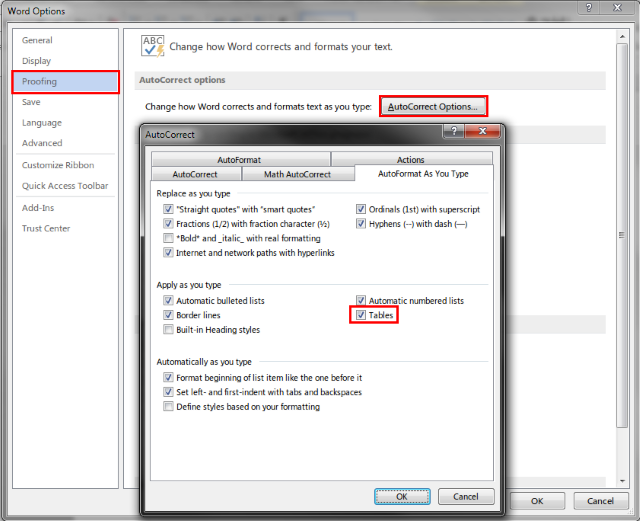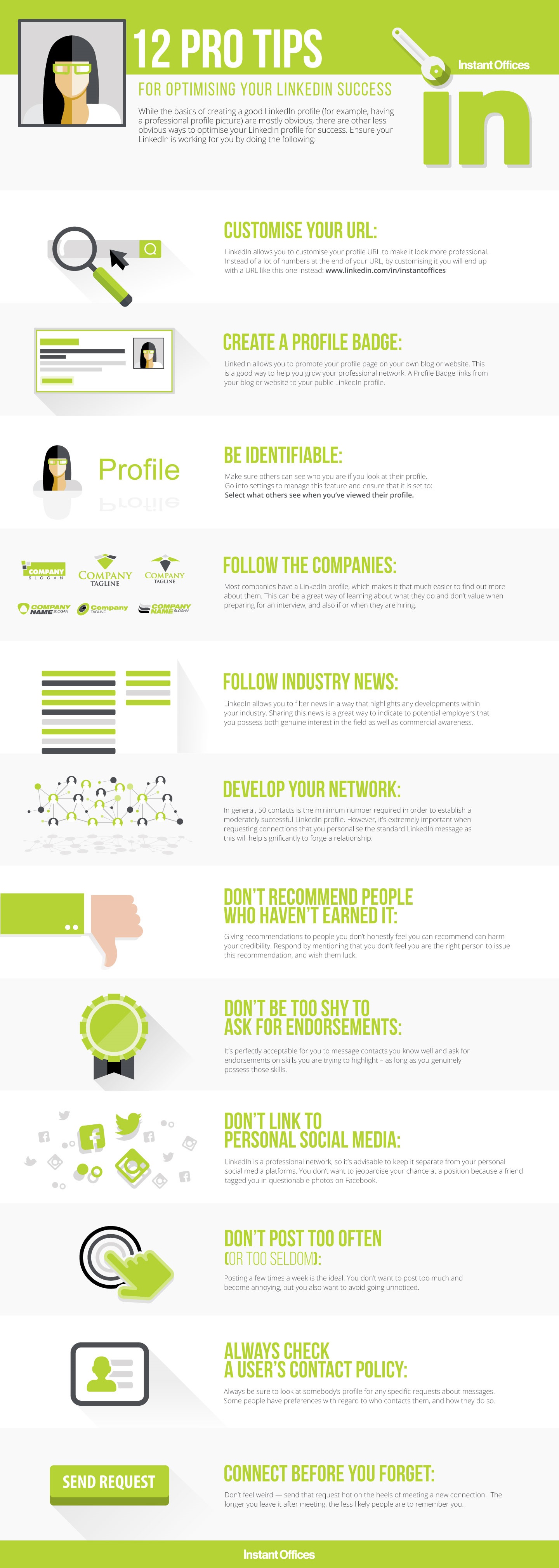

Microsoft hates adware, T-Mobile hates YouTube, Google hates passwords, one Russian man hates Fallout 4, and Boston Dynamics hates you sleeping soundly in your bed at night.
Microsoft has committed to tackling insecure adware, promising to detect and remove any programs that fail to comply with the company’s new guidelines. Enforcement will begin on March 31, 2016, with developers being given until then to play ball.
The way that @Microsoft sneakily includes @Windows 10 with regular monthly updates is not much different from adware inclusion tactics.
— Marc Zimmermann (@marczimmermann) November 28, 2015
The target here is the nasty adware programs such as Superfish, which Lenovo actually pre-installed on some machines sold through 2014 and 2015. This program, and other adware like it, uses a man-in-the-middle technique to hijack a user’s Internet connection, change various settings, and display ads across the Web.
Microsoft explained the change of policy in a TechNet blog post:
“All of these techniques intercept communications between the Internet and the PC to inject advertisements and promotions into webpages from outside, without the control of the browser. Our intent is to keep the user in control of their browsing experience and these methods reduce that control.”
To this end, Microsoft is insisting, “programs that create advertisements in browsers must only use the browsers’ supported extensibility model for installation, execution, disabling, and removal.” Which means they will have to be browser plugins which are visible to the user and, most importantly, can be easily removed.
YouTube isn’t too happy with T-Mobile, accusing the mobile operator of throttling its videos as part of the Binge On program. Binge On lets T-Mobile customers stream all of the video they want from selected partners without it counting towards data caps, but limits the resolution to 480p.
The problem as far as YouTube is concerned is that its videos are also being delivered at crappy resolutions, while still counting towards data caps. Unlike Netflix, Hulu, and others, YouTube isn’t part of the Binge On program. Which means T-Mobile users viewing YouTube videos are stuck watching low-quality videos without getting any benefits to counter that compromise.
YouTube also thinks it’s unfair that Binge On was turned on by default for all eligible users. However, it is possible to switch it off, as long as you know how to do so. Regardless, Binge On has caught the attention of the Federal Communications Commission (FCC), which is dedicated to ensuring net neutrality is maintained.
So, when you sign out of your Google account it still auto fills your passwords… Who thought that was a good idea!?
— Liam Maye (@i_is_liaaaam) November 14, 2015
Google is currently testing a method for killing passwords for good. The method being tested with a handful of Android users involves authorizing a mobile device, and then receiving a notification to log in when you input your account details on a computer.
It’s not a perfect system, which is why Google is currently testing it. However, it’s the first step down the road towards removing the need to memorize passwords for every website you use. Which is a good thing seeing as how many people use really dumb passwords.
A Russian man is suing Bethesda for ruining his life. The unnamed 28-year-old claims that he became addicted to playing Fallout 4, leading to him losing his job, splitting with his wife, and neglecting his friends. He also claims his health deteriorated due to not eating or sleeping properly.
According to RT (formerly Russia Today), the man is seeking 500,000 roubles (US$7,000) from Bethesda for the “emotional distress” the game has caused him. Meanwhile, millions of gamers are enjoying Fallout 4 to healthy levels; eating, sleeping, working, and spending time with their loved ones just as they did before buying the game.
And finally, Boston Dynamics wants to wish you a happy holidays, and it has chosen to do so in its own unique way. Namely, by having three of its Spot robots pulling Santa’s sleigh. Spot is a big robot dog weighing in at around 160 lbs, and it’s terrifying at any time of the year.
For the uninitiated amongst you, Boston Dynamics is the robotics company acquired by Google in 2013. It produces robots that accurately mimic real-world animals such as dogs and horses. They’re just a lot more scary in lots of different ways. Still, Santa seems to be OK with it, so I guess we have to be OK with it too.
Is Microsoft right to start blocking adware like Superfish? Is T-Mobile right to throttle YouTube against its will? Do we need to move on from using passwords online? Has Fallout 4 ruined your life? What emotions do you feel when watching Boston Dynamics’ robots?
Let us know your thoughts on the Tech News of the day by posting to the comments section below. Because a healthy discussion is always welcome.
Tech News Digest is a daily column paring the technology news of the day down into bite-sized chunks that are easy to read and perfect for sharing.
Image Credits: Yuri Samoilov via Flickr




 The Ghosts of Futures War: A Look at Ghost Recon Future Soldier
The Ghosts of Futures War: A Look at Ghost Recon Future Soldier Destiny The Dark Below Guide: 5 Starter Tips
Destiny The Dark Below Guide: 5 Starter Tips PES 2014 Review
PES 2014 Review Miniature Game Consoles for Miniature Hands
Miniature Game Consoles for Miniature Hands Destiny The Taken King Strange Coins Farming guide
Destiny The Taken King Strange Coins Farming guide